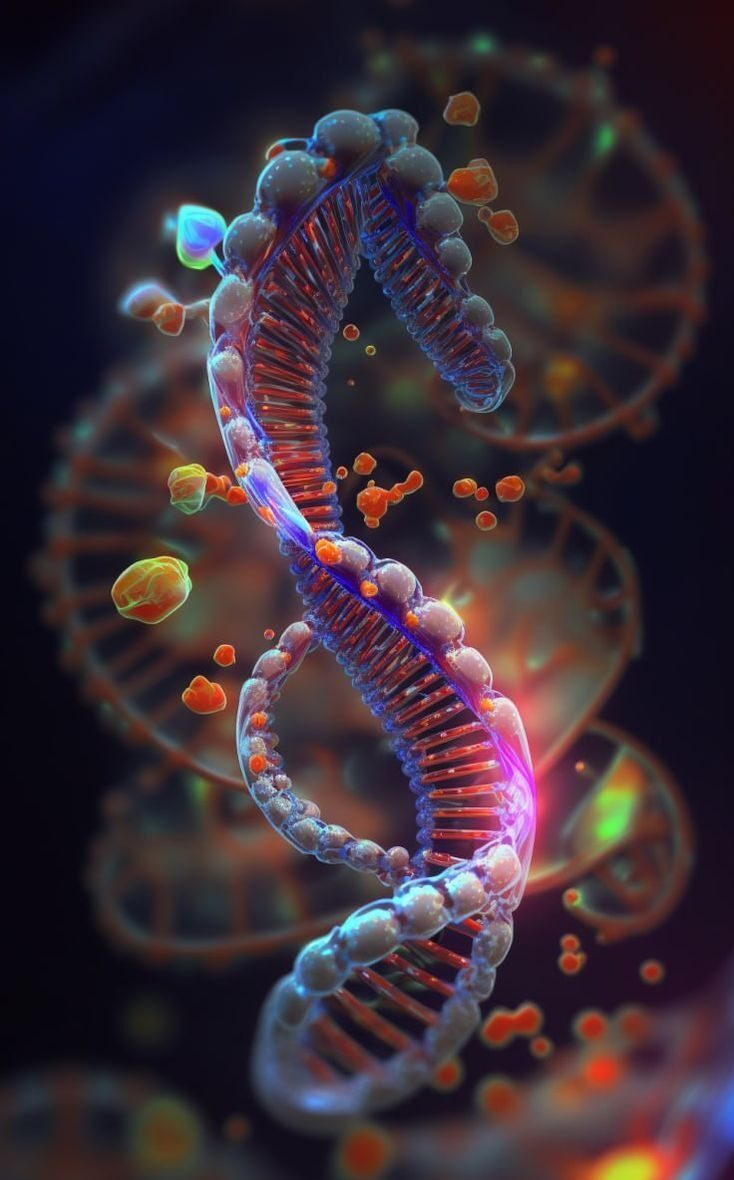Biotechnology & Medicine: 10 Transformative Facts About Their Impact on Society
Biotechnology and medicine are two interconnected fields that have revolutionized human life, addressing some of the most pressing challenges in health and well-being. From groundbreaking therapies to sustainable solutions, these disciplines continue to shape the future. In this article, we explore the history, significance, and impact of biotechnology and medicine in everyday life.
What Is Biotechnology?
Biotechnology involves using living organisms, biological systems, or derivatives to develop products or technologies that improve health, agriculture, and the environment. From the production of antibiotics to genetically modified crops, biotechnology has applications across diverse sectors.
What Is Medicine?
Medicine encompasses the science and practice of diagnosing, treating, and preventing diseases. With the advancement of biotechnology, modern medicine has seen significant innovations such as personalized medicine, gene therapy, and biopharmaceuticals.
Historical Overview
- Early Innovations: The use of fermentation for brewing and bread-making is one of the earliest examples of biotechnology.
- 20th Century Milestones:
- The discovery of penicillin in 1928 revolutionized modern medicine.
- The first successful organ transplant in the 1950s marked a new era in medical science.
- Genomics Revolution: The completion of the Human Genome Project in 2003 paved the way for personalized medicine and advanced genetic research.
Daily Life Impacts
The advancements in biotechnology and medicine have far-reaching implications for our daily lives:
- Improved Healthcare: Breakthroughs in diagnostics and treatments have enhanced life expectancy and quality of life.
- Personalized Medicine: Genetic profiling enables tailored treatments, ensuring better outcomes and fewer side effects.
- Sustainable Agriculture: Genetically modified crops provide higher yields and resilience against pests and diseases.
- Environmentally Friendly Solutions: Bioplastics and biofuels reduce the carbon footprint, addressing environmental concerns.
- Infectious Disease Control: Vaccines and antiviral therapies, such as those developed for COVID-19, highlight the critical role of biotechnology in global health.
Observance and Significance
The importance of biotechnology and medicine is celebrated globally through various observances:
- World Health Day (7th April): Promotes awareness of global health challenges.
- National Biotechnology Week: Highlights innovations and advancements in biotechnology.
- Rare Disease Day: Focuses on the importance of research and treatment for rare diseases.
Why Are These Fields Significant?
- Enhancing Longevity: Advances in medicine have doubled life expectancy in the last century.
- Combatting Diseases: Biotech solutions have eradicated or controlled many deadly diseases.
- Promoting Sustainability: Biotechnology provides environmentally sustainable alternatives in industries like agriculture and energy.
Interesting Facts
- Biotechnology was first coined in 1919 by Hungarian engineer Karl Ereky.
- The world’s first genetically modified organism (GMO) was created in 1973.
- CRISPR-Cas9, a gene-editing tool, has opened new possibilities for curing genetic disorders.
- Biopharmaceuticals now constitute over 20% of all medicines.
- The first artificial heart transplant took place in 1982, transforming cardiovascular medicine.
FAQs
Q1: What is the role of biotechnology in medicine? Biotechnology enhances medical research, drug development, diagnostics, and treatments, enabling personalized care and innovative solutions.
Q2: How has biotechnology impacted agriculture? Biotechnology has led to the development of high-yield, pest-resistant crops, ensuring food security for a growing global population.
Q3: What are the ethical concerns in biotechnology? Concerns include genetic privacy, cloning, and the potential misuse of biotechnological tools.
Wishing Someone Success in Biotechnology & Medicine
- Messages: “Here’s to a future of innovation and breakthroughs in biotechnology and medicine. Together, we can create a healthier, sustainable world!”
- Social Media Posts: Share inspiring stories about innovations in these fields, tagging relevant organizations and hashtags.
- Community Initiatives: Organize awareness drives or workshops to educate people about the benefits of these advancements.
Why Biotechnology and Medicine Are Important to Society
These fields have a profound impact on society by:
- Saving Lives: From vaccines to surgical innovations, they play a pivotal role in reducing mortality.
- Improving Quality of Life: Advances in treatments ensure better health outcomes.
- Creating Economic Opportunities: Biotechnology is a rapidly growing sector, generating jobs and fostering research-driven economies.
- Promoting Sustainability: Biotech solutions address pressing global challenges, including climate change and food security.
Important Points to Remember
- Biotechnology and medicine are essential for addressing global health and environmental challenges.
- Innovations such as CRISPR and biopharmaceuticals are transforming healthcare.
- Observances like World Health Day emphasize the importance of these fields.
- Ethical considerations remain a key focus in biotechnological advancements.










